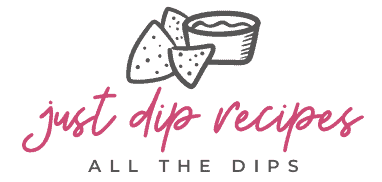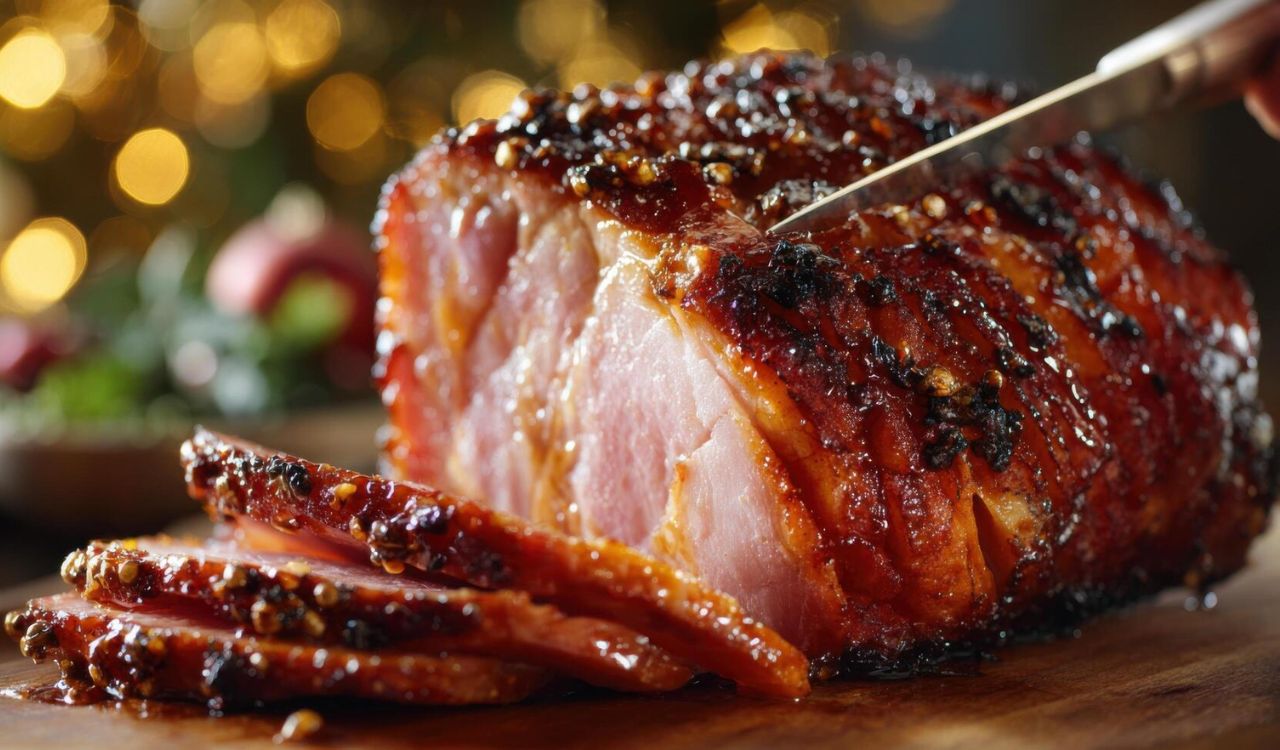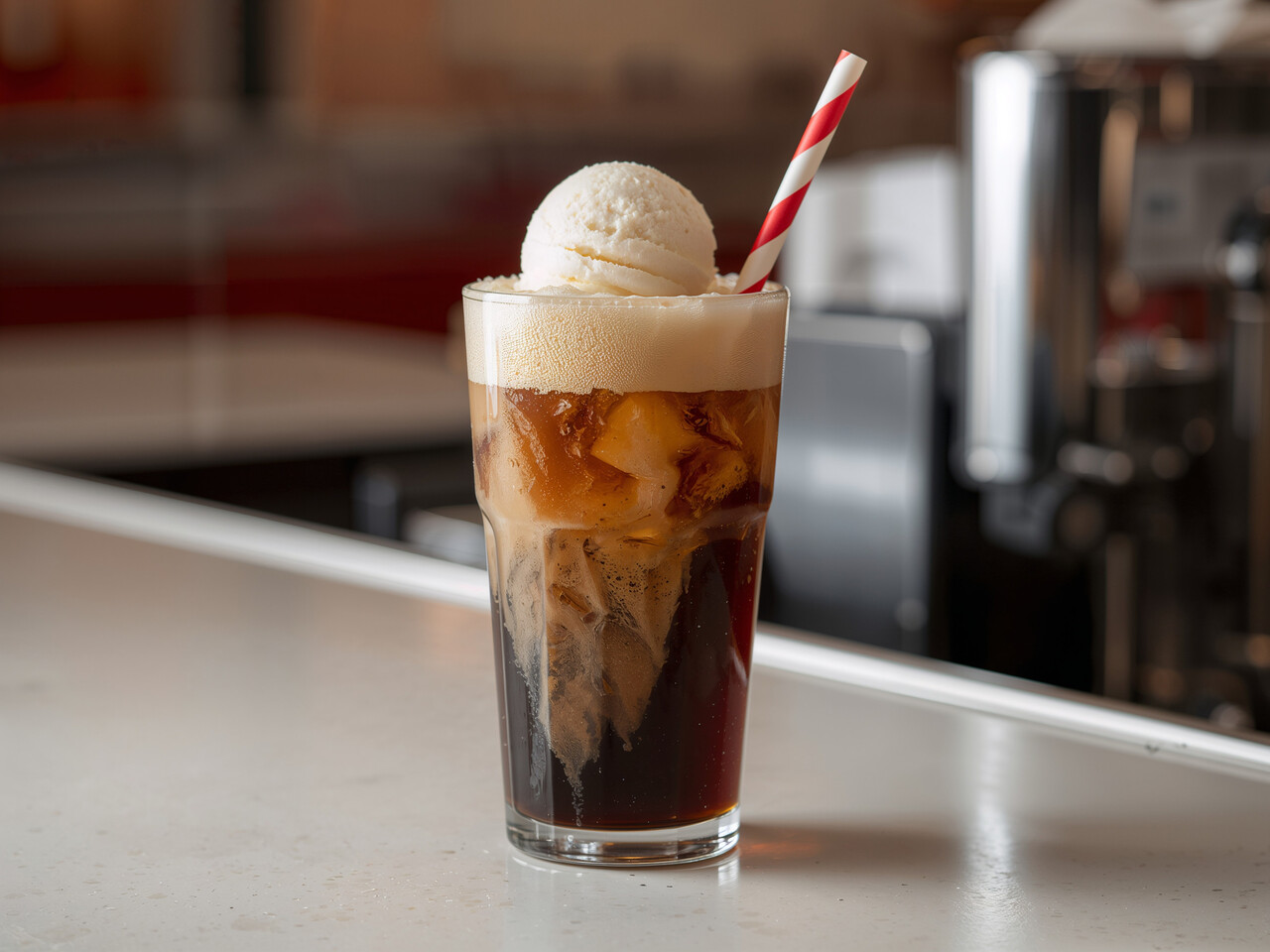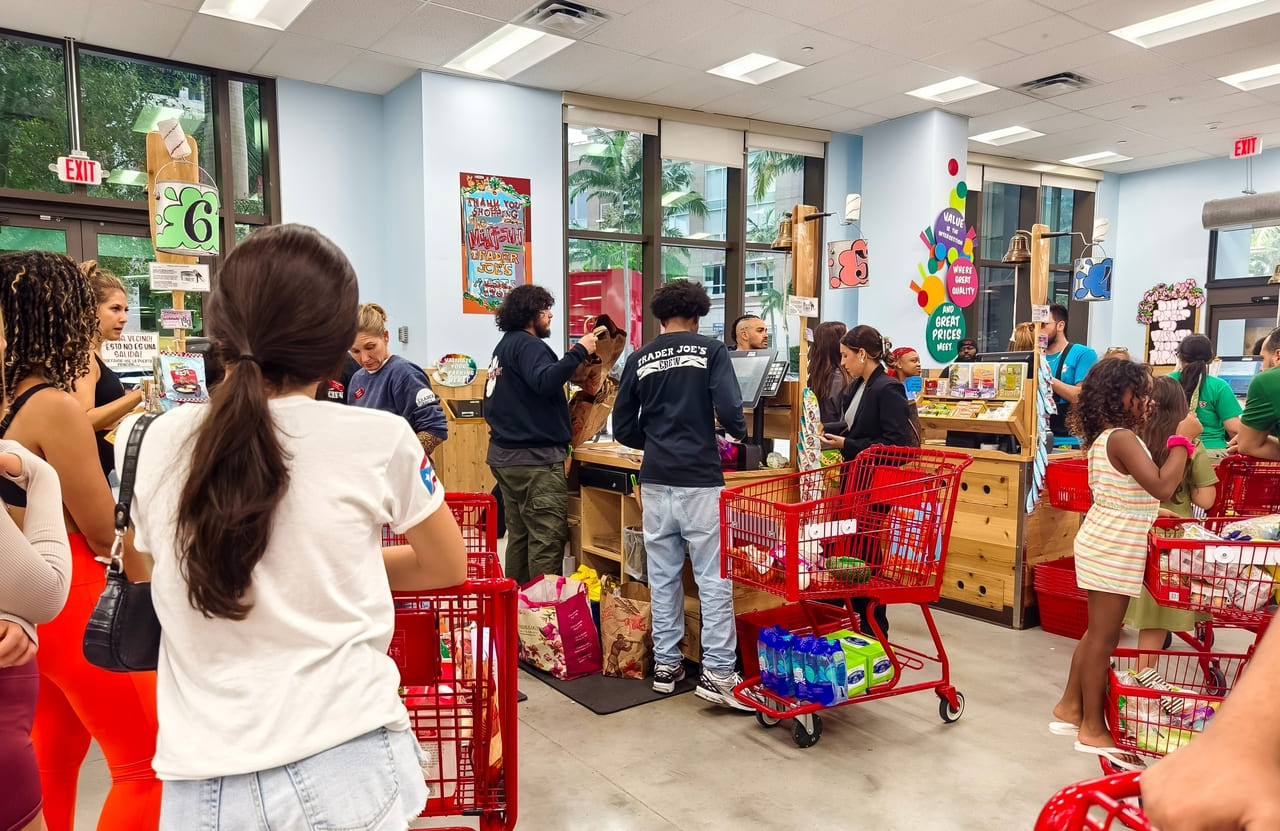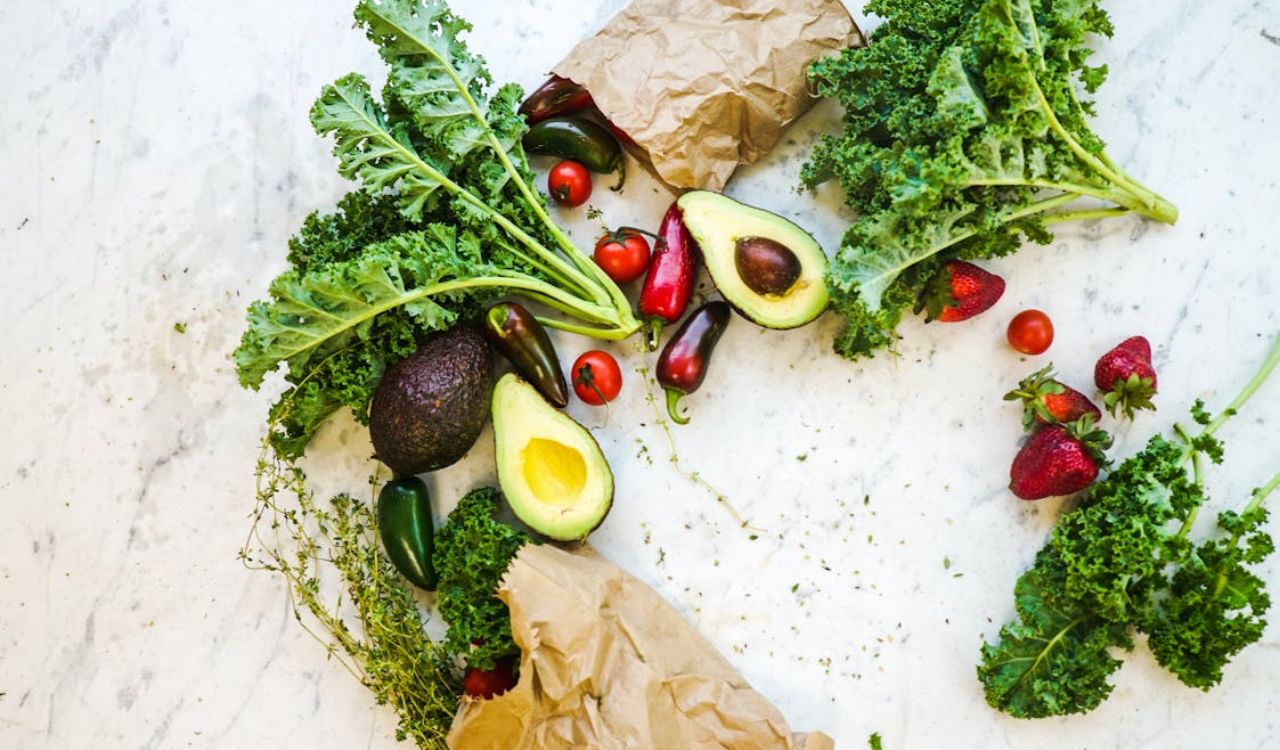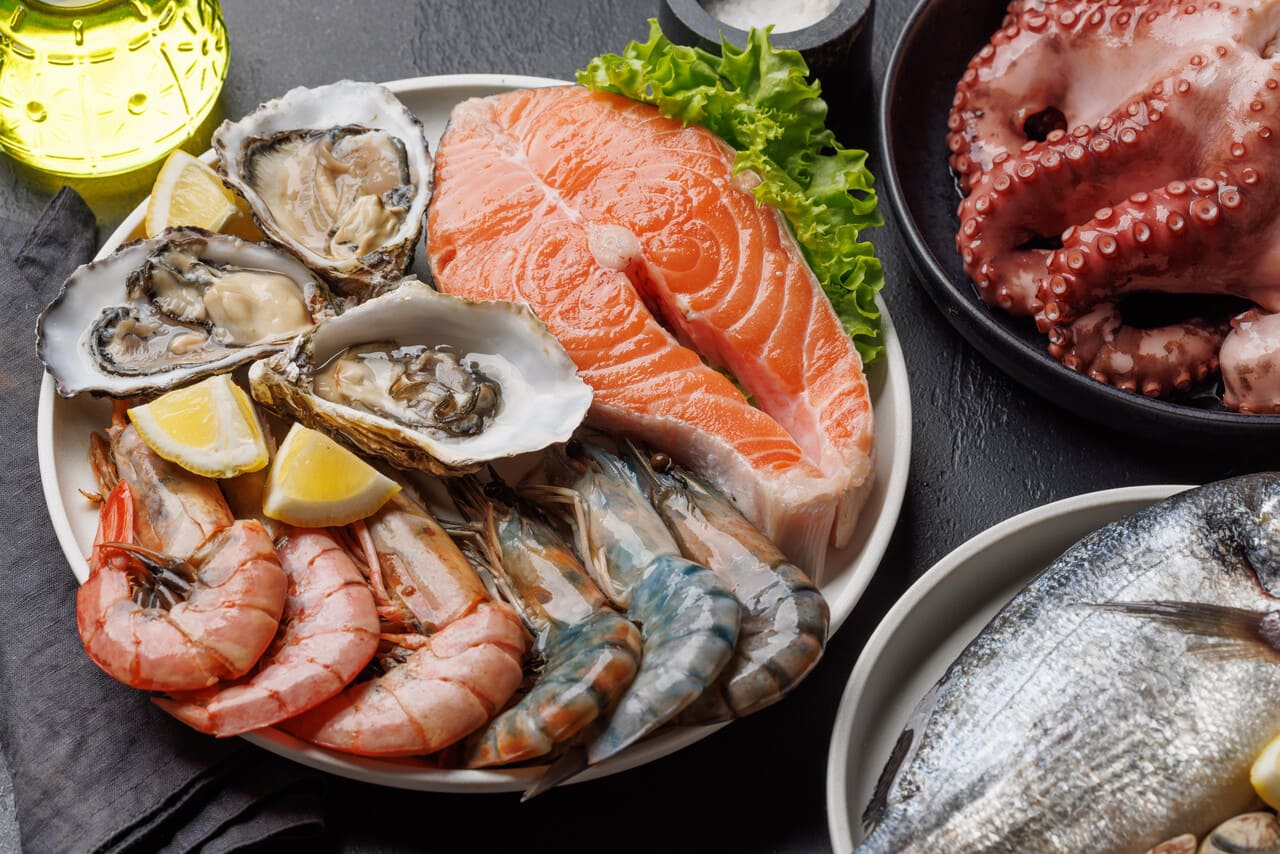10 Coffee Habits That Baristas Wish You Would Stop
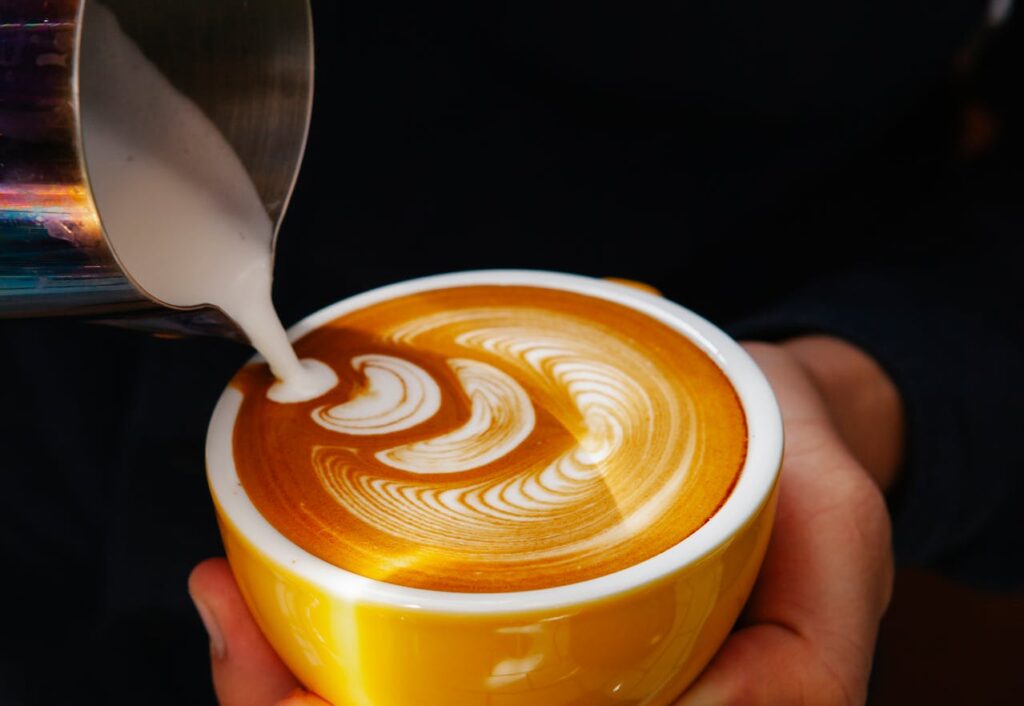
Coffee shops run on rhythm. Orders come fast, drinks are timed, and baristas juggle speed with precision. Most customers help keep that flow smooth, but some habits slow everything down or make the job harder. The truth is, a little awareness goes a long way. If you want to make your barista’s day better and your drink come out quicker, it helps to know what actions are frustrating on the other side of the counter. Here are 10 coffee habits baristas wish you’d leave behind.
1. Holding Up the Line to Decide
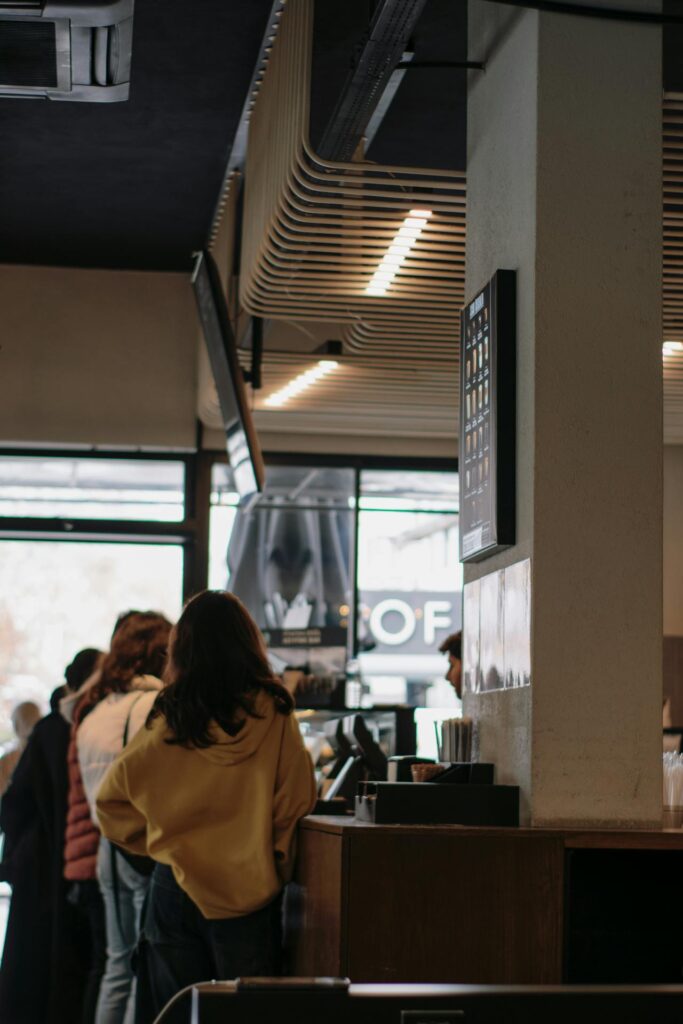
Taking too long to choose at the register may seem harmless, but in a busy café, it disrupts the entire line. Baristas rely on steady pacing to manage orders efficiently, and even a small delay can cause frustration for the customers behind you. Planning ahead by checking the menu while waiting ensures a smoother experience for everyone. If you are unsure, step aside briefly to finalize your choice. This small courtesy saves time, keeps the line flowing, and helps reduce stress for baristas under pressure.
2. Ignoring the Size Names
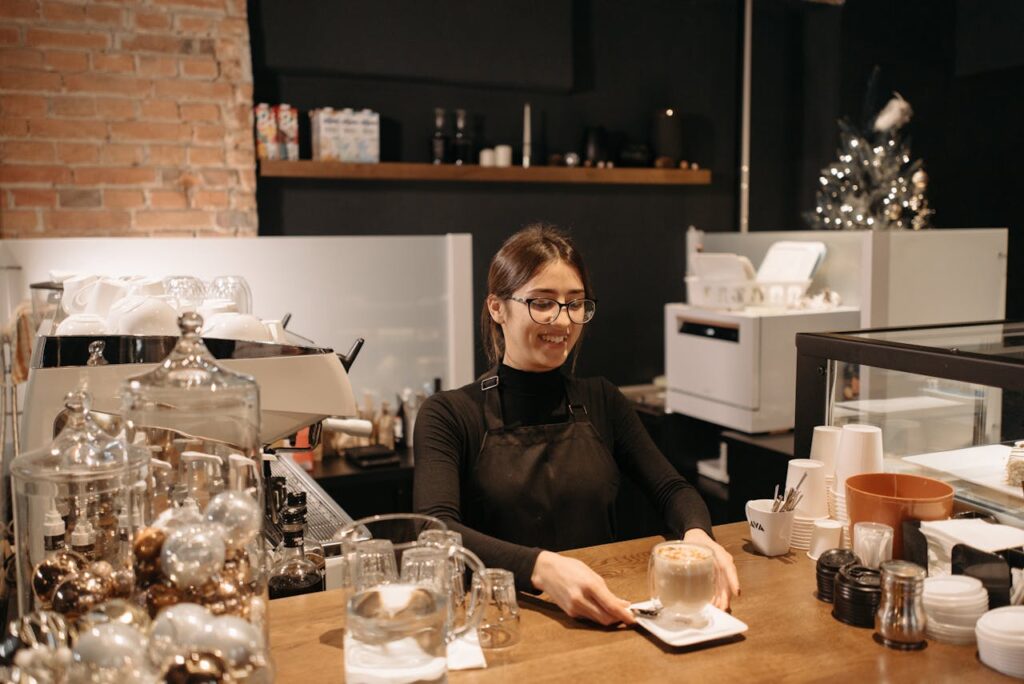
Using terms like “small” or “medium” instead of the café’s designated names may seem minor, but it interrupts communication and slows down the process. Chains like Starbucks use unique sizing terms that baristas are trained to recognize quickly. When customers disregard that system, it creates small but consistent slowdowns. Even if the terminology feels quirky, following the shop’s language helps streamline orders and avoid awkward clarifications. It’s a simple way to respect the café’s workflow.
3. Customizing to the Extreme
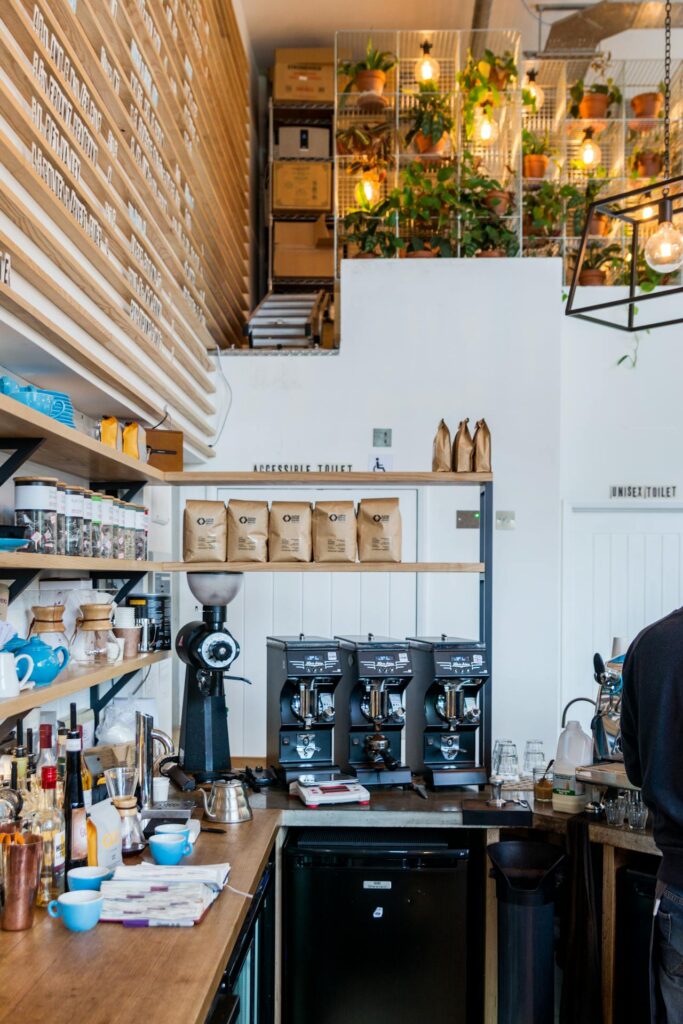
Coffee shops encourage personalization, but overly complex drink modifications can overwhelm baristas, especially during peak hours. A long, multi-step customization increases mistakes and slows service for everyone. A reasonable adjustment, like less sweetener or a dairy substitution, is easy to manage, but stacking requests makes the drink far more stressful to prepare. Being clear, concise, and moderate with custom orders helps baristas deliver better accuracy while still satisfying your tastes.
4. Talking on the Phone While Ordering

Ordering while on a call disrupts both communication and pace. Baristas need your full attention to get orders right, and background noise often means repeating details, which slows service for the entire line. It also signals a lack of respect for the worker taking your order. Pressing pause on your conversation, even for one minute, ensures clarity and prevents errors. It’s both courteous and efficient, creating a smoother exchange at the counter.
5. Leaving Trash on the Counter
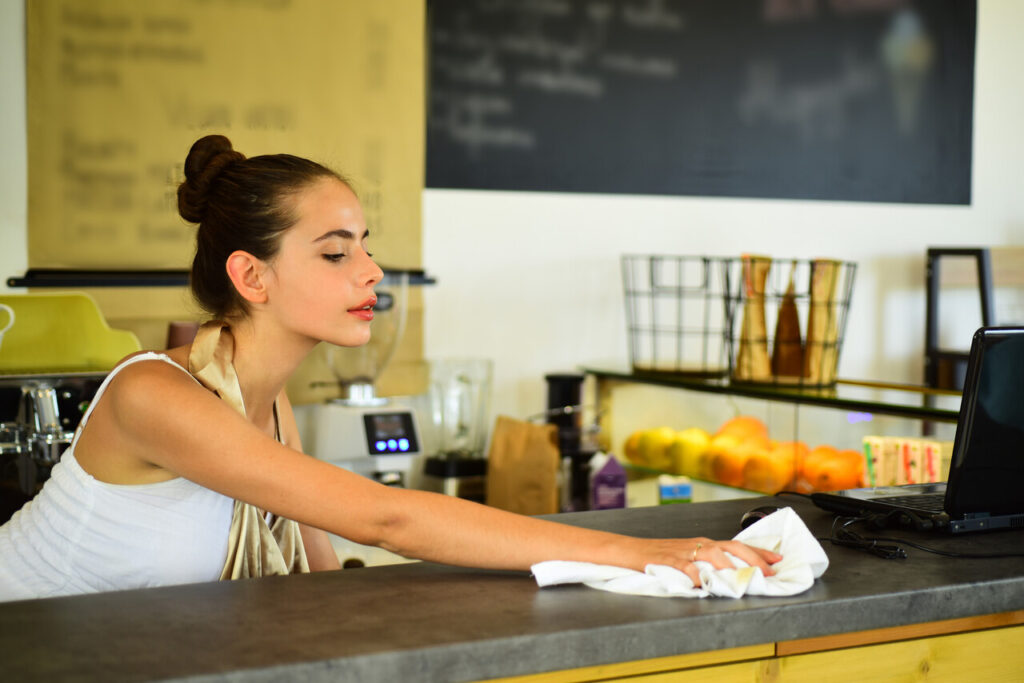
Leaving behind napkins, straws, or empty cups forces baristas to stop and clean up instead of focusing on making drinks. This not only slows down service but also compromises hygiene in the drink preparation area. Coffee shops provide waste bins and condiment stations for a reason using them helps maintain a tidy and professional environment. Properly disposing of your trash takes only a moment but makes a significant difference in keeping the café efficient and pleasant.
6. Hovering Over the Pickup Area
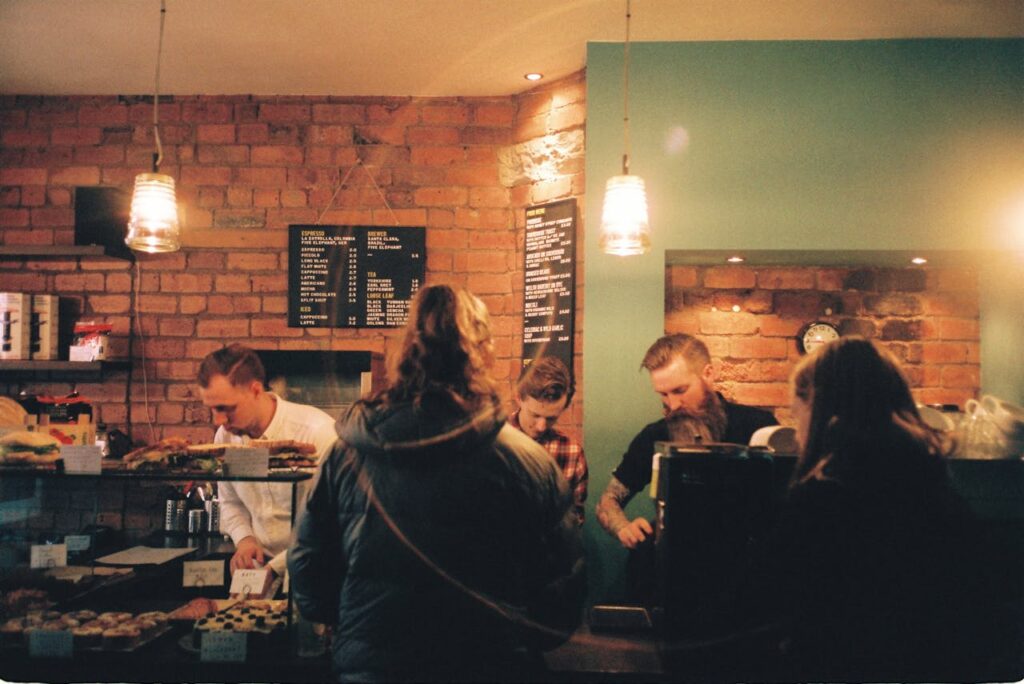
Hovering too close to the pickup counter creates stress for baristas and crowds the space meant for preparing or serving drinks. It can also block other customers from reaching their orders. Standing back until your name is called ensures a smoother flow on both sides of the counter. Keeping a respectful distance allows baristas to work with focus and speed, creating fewer mistakes and a more relaxed atmosphere for everyone waiting.
7. Treating Tips as Optional Courtesy
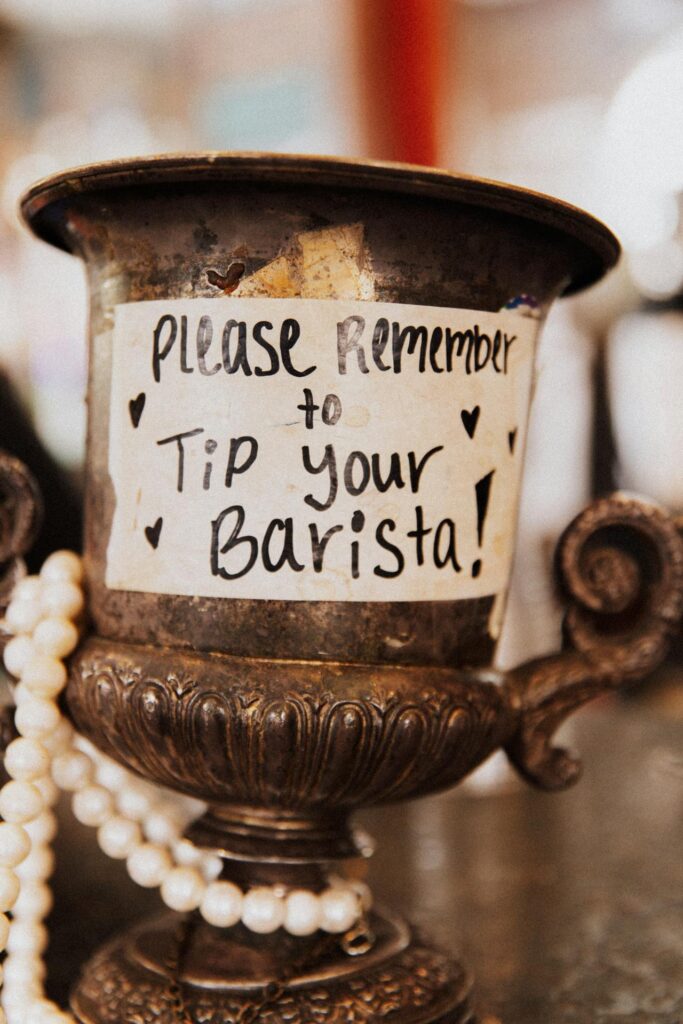
Tips may not be mandatory, but in many coffee shops, they form a meaningful portion of baristas’ income. Even small contributions add encouragement during long shifts. Failing to tip after intricate drink orders, especially if staff go out of their way, can come across as dismissive. A dollar or some spare change shows appreciation and directly boosts morale. Consistently tipping, even lightly, helps baristas feel valued and keeps the coffee shop environment more positive.
8. Expecting Freebies or “Extra” Shots
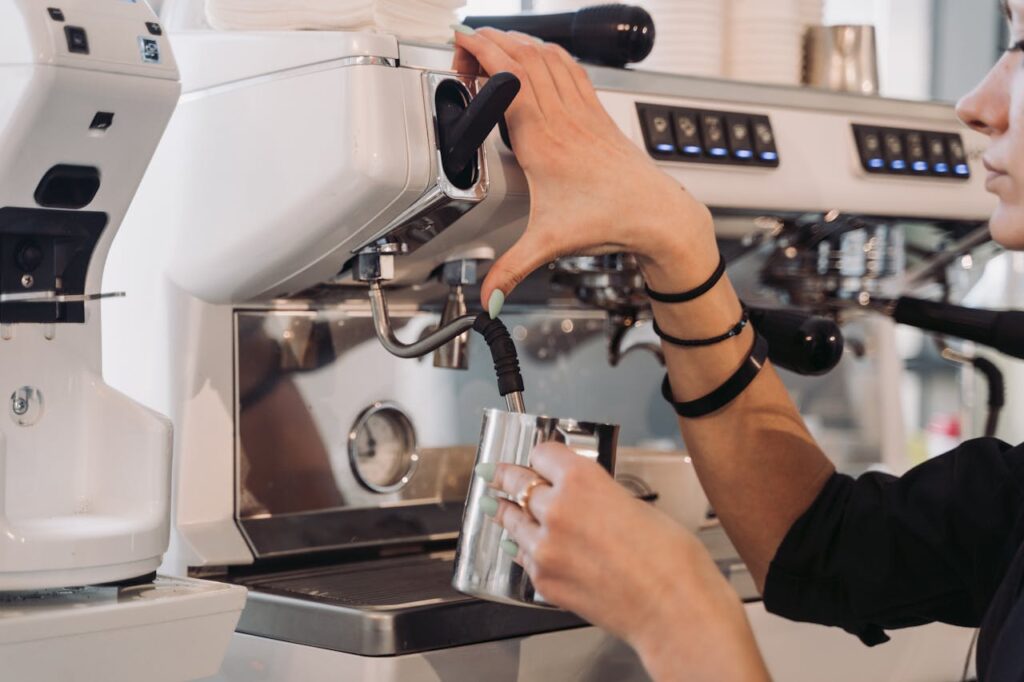
Requesting free extras, like an additional shot of espresso or extra syrup, puts baristas in an uncomfortable position. They are required to follow store policies, and granting such requests can risk their job. While regular customers may hope for favors, expecting them shows disregard for the rules and for the business operations behind the counter. Paying for what you want is the respectful choice, ensuring your drink is made properly and without awkwardness.
9. Mispronouncing Drinks on Purpose
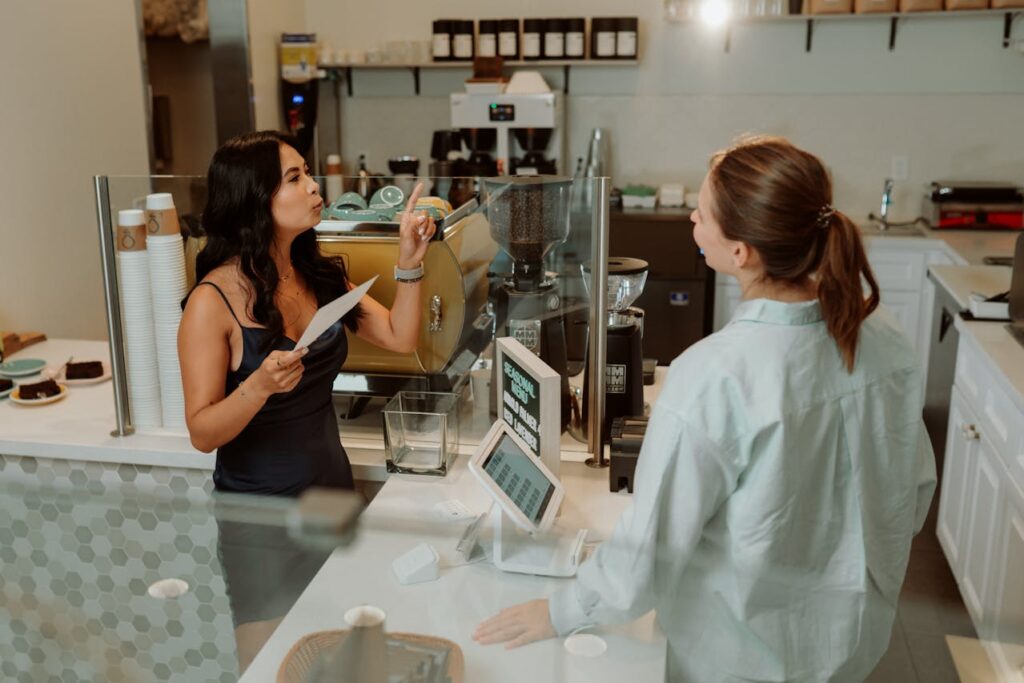
Mispronunciations happen and are usually fine, but deliberately mocking drink names or refusing to try pronouncing them properly dismisses the craft of specialty coffee. Drinks like macchiato, cortado, or affogato have specific names tied to tradition. If you are unsure, simply asking for guidance shows respect and helps baristas feel their skills are taken seriously. Genuine curiosity improves the customer-barista interaction far more than sarcasm or jokes at the counter.
10. Forgetting That Baristas Are People
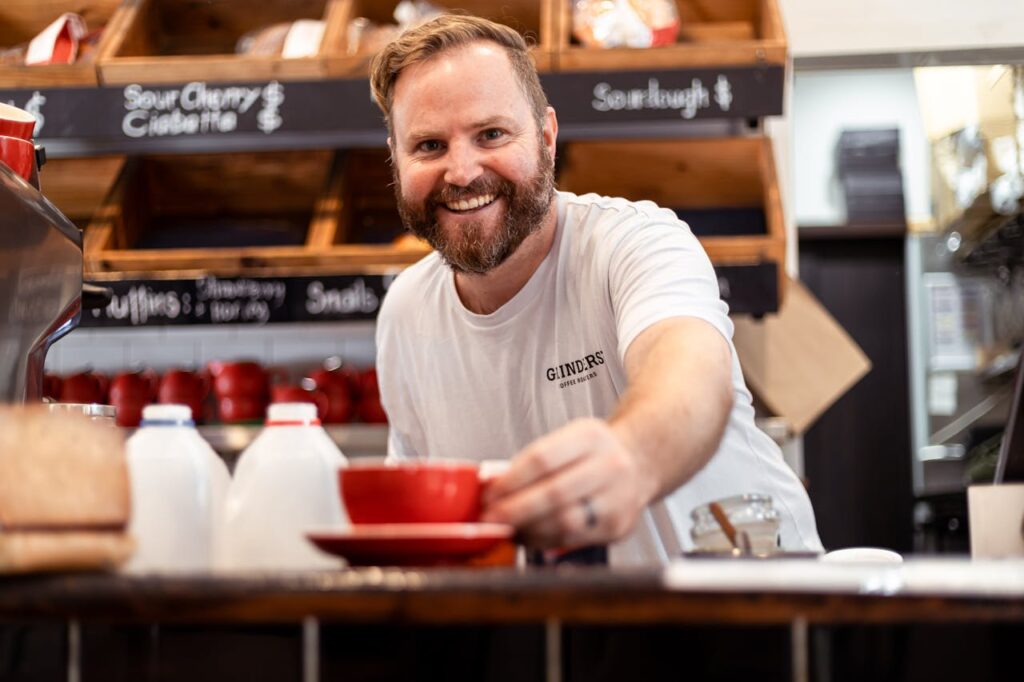
Perhaps the biggest frustration comes when customers treat baristas like machines. Snapping, rushing, or ignoring basic politeness creates unnecessary tension. Behind the bar are skilled workers multitasking under pressure. A smile, eye contact, or a quick thank you goes a long way in improving the interaction. Patience during busy moments helps baristas feel respected, which often results in better service. Remembering their humanity benefits both the worker and your overall café experience.

